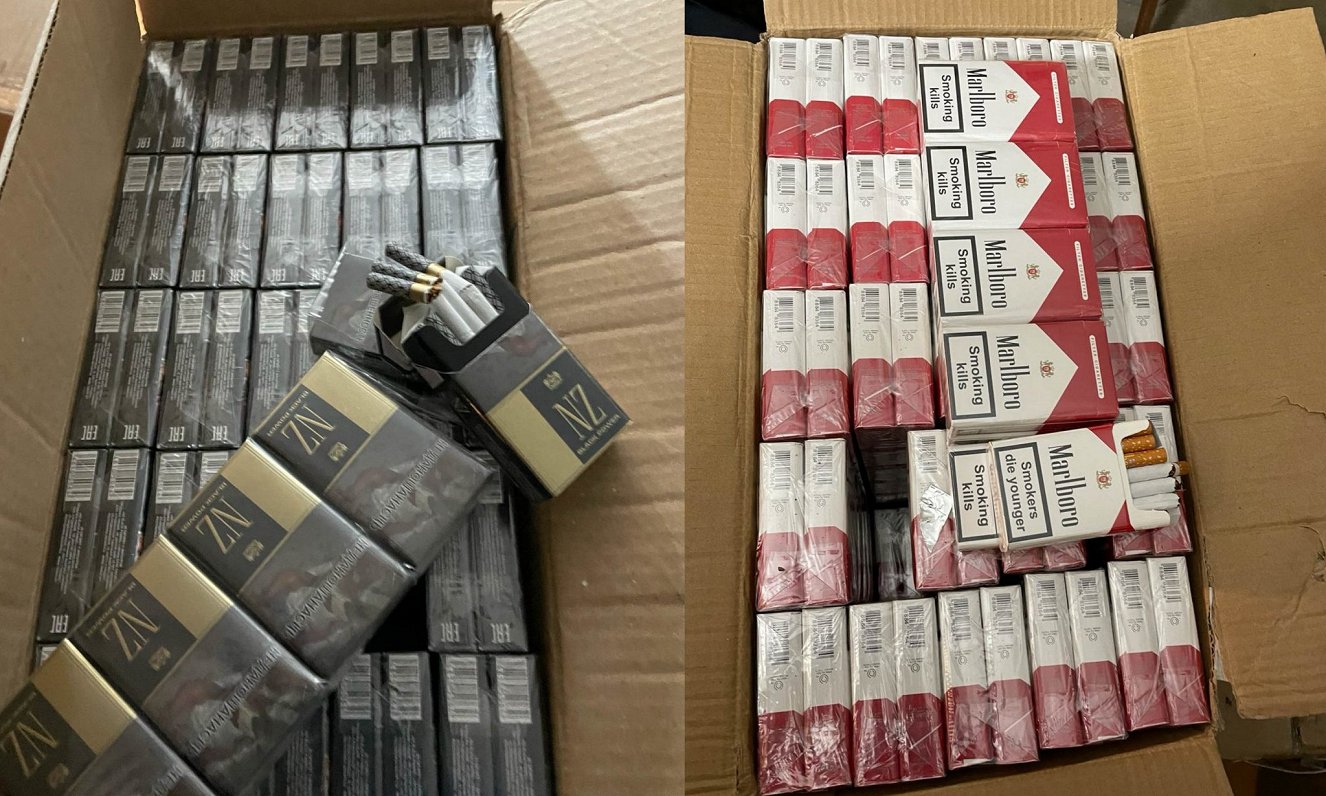Although customs controls on the eastern border have become stricter and the number of criminal proceedings initiated by the State Police is decreasing, the fight against smuggled cigarettes remains a significant problem.
The National Forum on Smuggling Issues is being held for the sixth time, and this time, it considers smuggling issues not only in Latvia, but on the scale of all the Baltic States.
A study conducted by SKDS reveals that in Estonia, tolerance towards the circulation of contraband goods is significantly lower.
"In terms of attitude, Estonia differs from Latvia and Lithuania. In Estonia, every fifth person says that buying smuggled goods is not reprehensible, but in Latvia and Lithuania around 30% think so," said Kaktiņš about the study.
"In Estonia, 35% strongly condemn it, in Latvia – one in four. This is an important indicator, because if you condemn it, it will be more expensive to buy a legal product. This year in Latvia, it is 30% who say that buying contraband is OK. Latgale in terms of attitude is quite significantly different – about half and half condemn it and say that it is OK to buy contraband," said Kaktiņš.
The most popular smuggled goods are tobacco products, alcohol and fuel.
In the first four months of this year, 3.84 million smuggled cigarettes were detected in Latvia, compared to a total of 7.5 million last year.
The Customs Department of the State Revenue Service (VID) still recognizes cigarette smuggling as a big problem. Success also depends on some larger efforts, said Raimonds Zukuls, director of the Customs Administration of the VID, in an interview with the LETA agency.
At the same time, the number of criminal proceedings initiated by the State Police in the fight against the illegal circulation of excise goods is decreasing. Two years ago they were 716, last year there were 559 and in the first five months of 2024 – only 225.
The State Police explains this as a result of stricter control of the eastern border, reduced smuggling from Belarus in particular.
A new element in the illegal circulation of excise goods will be the ban on selling tobacco substitute products with flavors and aromas from next year.
VID General Director Baiba Šmite-Roķe calls these amendments to the law populist and she explained why at today's forum.
"There are dozens, if not hundreds, of [opportunities] on Telegram channels where young people in their teens can buy these products right now without any problems. So what will happen on January 1? Then the question is, does the State Police have such resources and should they devote such resources, to explain to those people who sell these currently legal products to young people. So what will happen on January 1? These decisions are correct, but they are populist, because neither the State Police nor the State Revenue Service will have any new tools when this category [of goods] will be banned and pushed into the illegal market," concluded the head of the SRS.
The most popular smuggled goods in the Baltics are cigarettes and other tobacco and nicotine products – in Latvia, 12% of respondents in this year's study state that they have bought these products themselves, and another 12% admit that their friends or acquaintances have done so.
In Lithuania, 8% of respondents have bought contraband tobacco products (and another 9% say that friends and acquaintances did it), but in Estonia - only 4% (and another 9% say that friends and acquaintances did so).



























